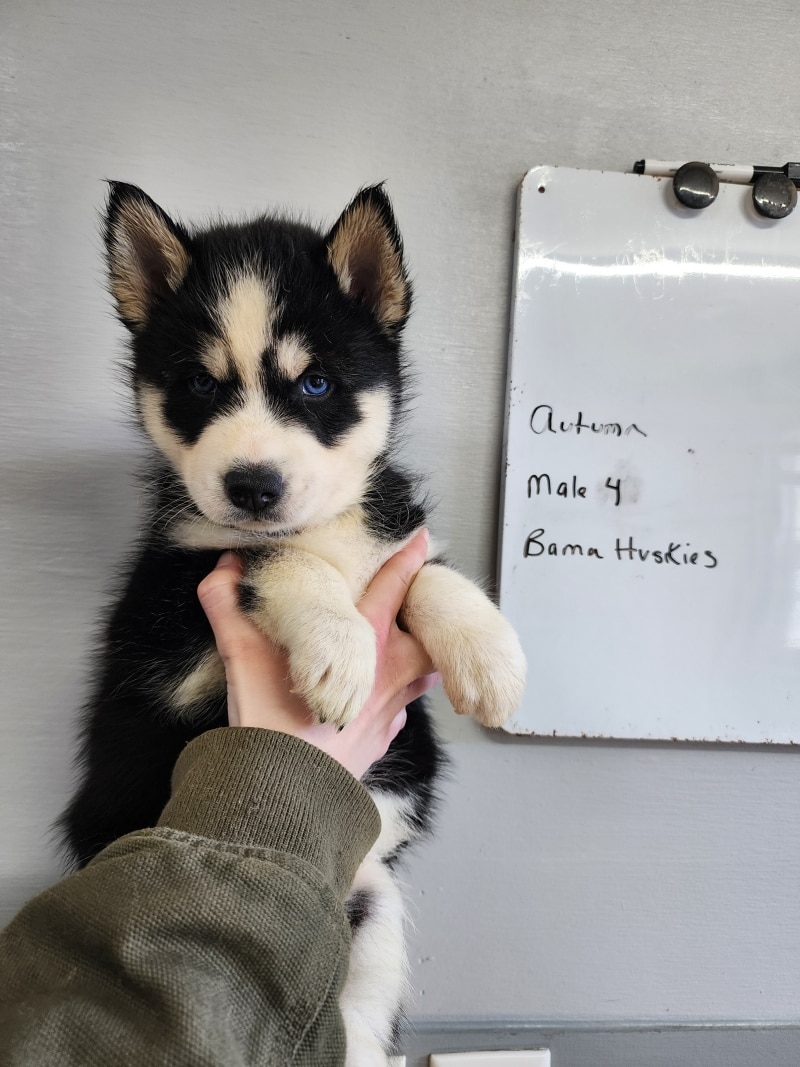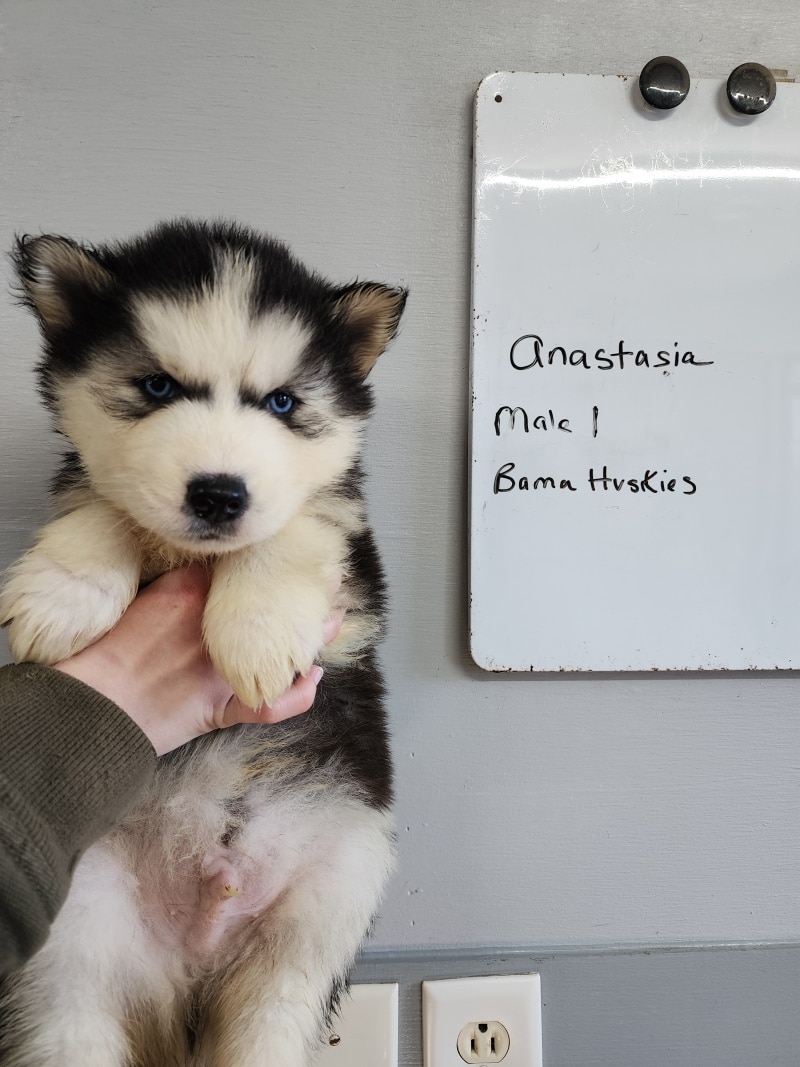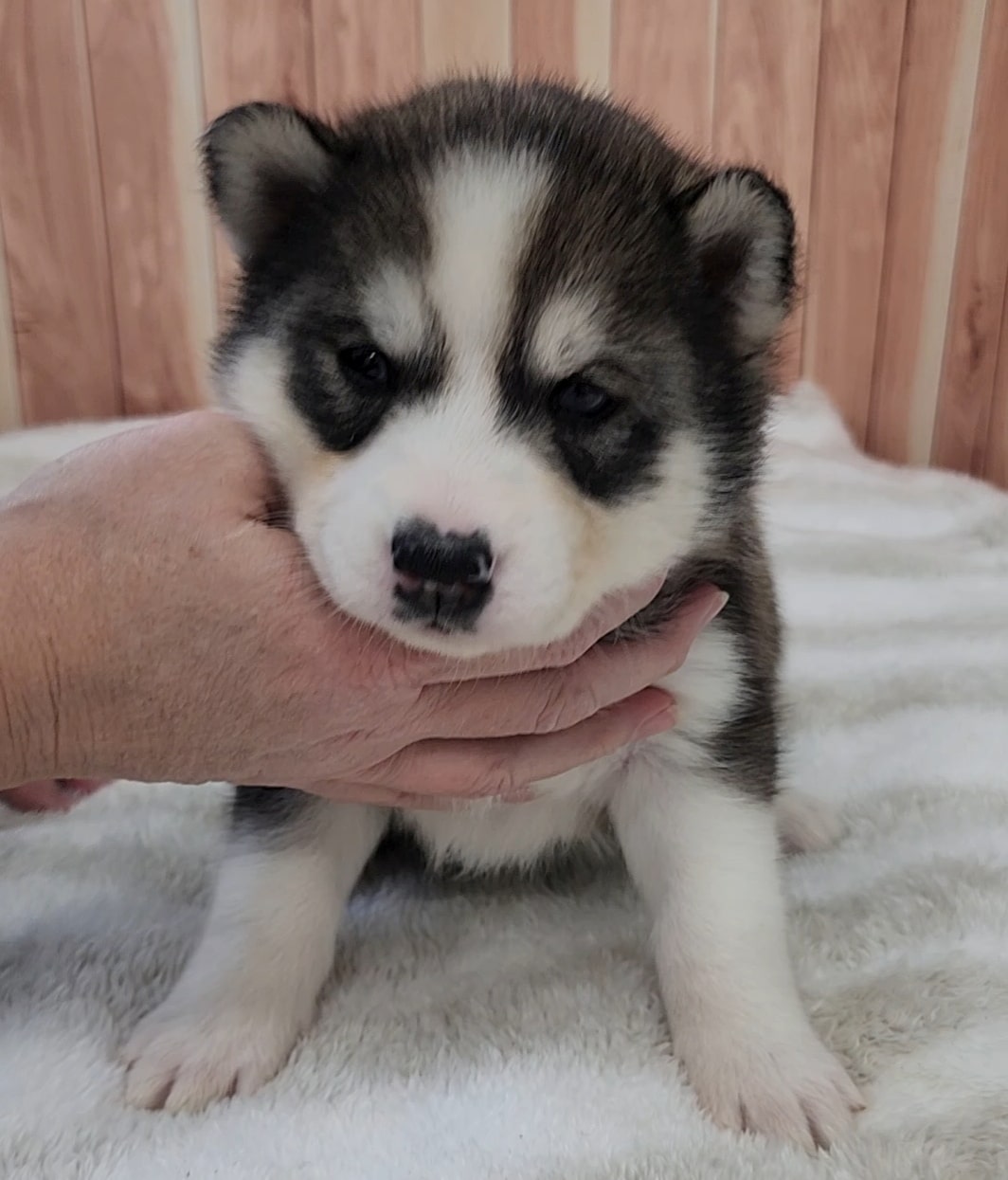
Huskies are known for their playful and energetic nature, and it’s not uncommon for them to engage in biting and nipping behaviors, especially when they are young. Just like any other breed, husky puppies explore the world around them using their mouths, and it’s perfectly natural for them to nibble and bite during their early months of life. In this article, we will delve into the topic of when husky puppies stop biting and nipping, and provide you with valuable insights on how to manage and address this behavior effectively.
Understanding Why Husky Puppies Bite and Nip
Puppies, including huskies, use their mouths and teeth to investigate their surroundings and learn about their anatomy. Additionally, they often engage in play biting and mouthing as a way to interact with their litter mates and mother. It’s essential to remember that puppies go through a teething phase, which can cause discomfort and necessitate chewing to alleviate it. Therefore, biting and nipping are natural behaviors for husky puppies and should be expected during their early development.
When Do Husky Puppies Start Biting and Nipping?
Husky puppies typically start mouthing and play biting when they come to live with their new families. This behavior is usually an indication that they want to play and haven’t yet learned that biting is not acceptable. Some husky puppies, particularly those from working breeds, may exhibit more intense biting tendencies due to their high energy levels. However, it’s crucial to understand that mouthing and play biting are phases that most puppies grow out of between the ages of three and five months.
Redirecting Play Biting and Mouthing
One effective way to curb biting and nipping behaviors in husky puppies is to redirect their attention to appropriate chew toys. Always keep a variety of toys on hand to provide them with alternatives when they start mouthing your hands. If your puppy begins to nibble, avoid pulling your hands away or making high-pitched noises, as this may encourage more vigorous play. Instead, calmly transfer their focus onto a toy by animating it and allowing them to engage with it. Soft toys with a large surface area are ideal, as they offer a satisfying chewing experience and reduce the likelihood of accidental hand grabs.
Identifying Triggers and Providing Outlets for Play
To effectively manage biting and nipping in husky puppies, it’s helpful to identify the times and events that trigger these behaviors. By understanding the triggers, you can provide appropriate outlets for play, reducing the likelihood of them directing their biting towards you. This might involve scheduled playtime with toys, training sessions, or engaging walks to tire them out. For tired puppies, offering a long-lasting chew or providing a quiet space for them to relax can be beneficial.
Removing Temptations
Huskies, like other puppies, can be drawn to tempting objects such as loose clothing, fluffy slippers, or dressing gown ties. Until your puppy learns the joy of playing with toys and reduces their desire to playfully tug on everything, it’s advisable to remove such temptations from their reach. This prevents them from developing a habit of biting inappropriate items and reinforces the importance of redirecting their attention to suitable toys.
Managing Mouthing with Children
If you have children, it’s essential to manage interactions between them and your husky puppy carefully. Puppy mouthing can be challenging for children to handle calmly, and their reactions may inadvertently encourage more biting. Active supervision is vital, and if you are unable to closely monitor their interactions, temporary separation within the home is recommended. Installing stair gates can be a practical solution to create safe spaces and prevent any unwanted incidents.
The Importance of Rest, Regular Meals, and Exercise
Ensuring that your husky puppy gets sufficient rest, regular meals, and exercise is crucial for managing biting and nipping behaviors. Puppies, like babies and small children, can become excitable or irritable when they are tired. This can trigger play biting episodes. To prevent this, make sure your puppy has plenty of opportunities for rest throughout the day. Schedule quiet time to encourage them to switch off and recharge. Additionally, provide them with regular, appropriately portioned meals to avoid hunger-induced irritability, which can also lead to biting. Keeping your puppy mentally and physically stimulated is equally important. While it’s essential to avoid overexertion based on their breed and age, husky puppies need ample opportunities to play, run, explore, and learn about their environment. Ensuring they are engaged and satisfied reduces the likelihood of play biting.
Dealing with Persistent Play Biting
For puppies that persistently engage in play biting, attaching a lightweight lead to their collar can be a useful technique. This allows you to easily lead them to another room, separated by a stair gate, for a short period. Attach the lead prior to any biting episodes to avoid struggling with a wriggly and mouthing puppy. If your puppy bites hard, calmly pick up the end of the lead and guide them to the designated area. Leave them there for no longer than 30 seconds, or until they have calmed down. This approach helps them understand that biting results in a loss of attention from you, which is opposite to what they desire. Repeat this process if they bite hard again. It’s important not to use a puppy crate for this training, as crates should be a safe and relaxing space for your puppy.
Things to Avoid When Addressing Play Biting and Mouthing
While managing play biting and mouthing, it’s crucial to avoid certain actions that may inadvertently reinforce the behavior:
- Encouraging play biting with fingers: While it may seem cute when your husky puppy nibbles on your fingers, it’s essential to discourage this behavior. Encouraging them to bite fingers can lead to more significant problems as they grow older.
- Using high-pitched squealing or similar noises: Making high-pitched noises to indicate that your puppy has hurt you may actually excite them further, resulting in increased biting.
- Telling your dog off: It’s important not to scold or frighten your puppy when they play bite. Frightening them may cause them to lose trust in you. Instead, anticipate mouthing episodes and manage them in a safe and helpful manner.
Conclusion
Dealing with biting and nipping behaviors in husky puppies requires patience, understanding, and consistent training. Remember that this phase is temporary, and with proper guidance and redirection, your husky puppy will grow out of it. By providing appropriate chew toys, identifying triggers, removing temptations, and ensuring your puppy gets enough rest, regular meals, and exercise, you can effectively manage biting and nipping. Additionally, closely supervising interactions with children and implementing separation when necessary will help create a safe environment for everyone involved. With these techniques and a positive approach, you can guide your husky puppy through this phase and help them become well-behaved members of your family. If you are considering getting a husky puppy, Bama Huskies has been professionally breeding dogs for over 25 years. We would love to match you up with the perfect husky puppy.








